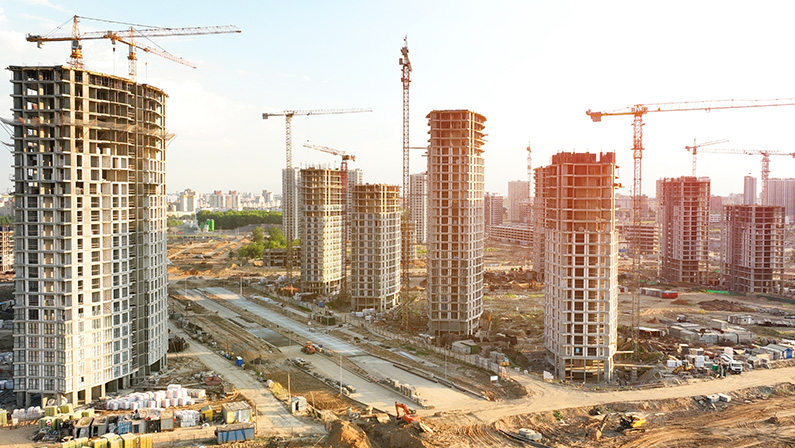Zoning laws are local regulations that govern how land can be used—residential, commercial, industrial, or mixed-use.
In Texas, these laws play an important role in shaping the real estate landscape, influencing everything from what can be built to how high a structure can rise.
For developers and investors, understanding zoning is essential to avoid costly setbacks, secure permits, and maximize property value.
Whether you’re building new housing, opening a business, or expanding a project, zoning laws determine what’s possible, and what’s not, on a given parcel of land.
What Are Zoning Laws?
What is a zoning law? Zoning laws are regulations set by local governments to control how land is used within specific geographic areas. These laws divide land into categories such as residential, commercial, industrial, and mixed-use, helping cities and towns plan for orderly growth, manage traffic flow, and protect property values.
Each zoning category comes with its own rules about what can be built and how the land can be used, including building height, lot size, setbacks, and more.
In Texas, zoning laws are primarily enforced at the municipal level, meaning they can vary widely from one city to another. The concept of zoning began in the early 20th century and gained traction in Texas as cities grew and needed structured land-use planning.
Today, zoning remains a key tool for shaping real estate development across the state, balancing community needs with economic growth.
Types of Zoning Classifications

Zoning classifications help determine the function and structure of different areas within a city or town. Here’s a quick look at the most common types in Texas:
- Residential (R): Designated for housing, this includes single-family homes, duplexes, apartments, and condos. Restrictions often include density limits and setbacks.
- Commercial (C): Reserved for businesses such as retail stores, restaurants, and offices. Zoning ensures these spaces serve customers without disrupting nearby homes.
- Industrial (I): Intended for factories, warehouses, and distribution centers. These zones allow for heavier infrastructure and may include restrictions to minimize environmental impact.
- Mixed-Use (MU): Combines residential, commercial, and sometimes industrial uses in one area. Popular in urban developments, this zoning encourages walkability and efficient land use.
How Zoning Laws Shape Real Estate Development
Zoning laws directly influence how, where, and what developers can build, making them a key factor in any real estate project. In Texas cities like Houston, these regulations guide everything from building design to community layout.
- Land Use Allocation: Zoning determines whether a piece of land can be used for residential, commercial, or industrial purposes. For example, a developer can’t build an apartment complex in an area zoned strictly for single-family homes.
- Density Restrictions: These regulations limit the number of units or buildings per acre, influencing project size and feasibility. Houston’s Midtown, for instance, has seen increased density allowances to support urban revitalization.
- Building Height Limits: Zoning codes may cap how tall a structure can be, especially near residential zones, to preserve community aesthetics and sunlight access. In areas like Uptown Houston, high-rise allowances have enabled vertical growth.
- Setback Requirements: These rules dictate how far buildings must be from streets or neighboring properties, affecting layout and design. Developers in Houston’s Museum District often face strict setbacks to maintain the district’s character.
Zoning Challenges for Developers and Investors

While zoning laws offer structure and clarity, they can also present hurdles that delay or complicate real estate projects. Developers and investors in Texas often face issues such as rezoning delays, inconsistent regulations across municipalities, and limited flexibility in land use. Understanding these challenges is critical for navigating the landscape efficiently and avoiding costly setbacks.
- Rezoning Delays: Changing a property’s zoning classification can take months and requires public hearings and local government approval.
- Variability Across Cities: Texas cities manage zoning independently, meaning what’s allowed in Austin might be restricted in Dallas.
- Community Opposition: Nearby residents can object to new developments, especially those increasing density or altering neighborhood character.
- Infrastructure Limitations: In some zones, outdated or inadequate infrastructure can prevent new projects from moving forward.
- Legal Risks: Misinterpreting zoning rules can lead to violations, fines, or even forced demolition of non-compliant structures.
- Design Restrictions: Height, setback, and use limitations can restrict creative development, reducing profitability and design freedom.
Zoning Variances and Exceptions
Not every development fits neatly within existing zoning regulations—that’s where variances and exceptions come in. These legal adjustments provide flexibility when strict zoning law compliance isn’t practical or fair.
- Zoning Variance: A request to deviate from specific zoning requirements (like setbacks or height limits) due to unique property conditions that make standard rules difficult to follow.
- Special Exception: Allows a use not typically permitted under current zoning, such as a home business or church in a residential area, usually subject to public hearings and approval.
- Conditional Use Permit (CUP): Grants permission for land use under certain conditions that ensure compatibility with surrounding areas, often involving specific operational limits.
The Zoning Process in Houston
Are you curious about Houston zoning laws? Houston is unique in that it doesn’t follow traditional zoning laws like most major cities.
While it’s often cited as an exception to typical zoning laws Texas developers encounter, the city still relies on a combination of land use regulations, deed restrictions, and development codes to guide growth and maintain neighborhood character.
This flexible approach allows for more mixed-use development, but it also requires developers to work closely with the Planning and Development Department to ensure projects comply with various ordinances and building standards.
Key Regulatory Bodies in Texas
In Texas, local zoning laws and land use decisions are primarily governed at the municipal level by local city councils and planning commissions.
However, agencies such as the Texas Department of Housing and Community Affairs (TDHCA) and regional planning organizations also play a role in shaping development policies, especially when it involves affordable housing, infrastructure, or environmental concerns.
These bodies ensure that real estate projects align with long-term urban planning goals and state regulations.
Impact of Zoning on Property Value & ROI
Zoning doesn’t just shape development. It directly affects property value and investment returns. Strategic zoning can boost profitability, while restrictions can limit potential.
- Higher Valuation for Commercial Zones: Properties zoned for commercial use typically hold more value due to their business potential and greater income opportunities.
- Flexible or Mixed-Use Zoning Attracts Investors: Areas allowing multiple uses (residential + commercial) offer better ROI because they support diverse tenant or buyer demand.
- Downzoning Can Reduce Profit Margins: If a property is rezoned to a more restrictive classification (e.g., from commercial to residential), it can limit development options and lower future returns.
How Apex Realtors is the Real Estate Partner of Investors & Developers

Apex Realtors understands the complex landscape of zoning and land use in Houston, Texas, and we turn that knowledge into profitable outcomes for our clients. Whether you’re navigating rezoning requests, identifying high-yield properties, or planning a new development, our team provides the expertise and local insights you need to make confident, strategic decisions.
With a proven track record of helping investors and developers unlock property potential, we’re your long-term partner in success.
Ready to maximize your next real estate project? Contact Apex Realtors today, and let’s build your future together.

